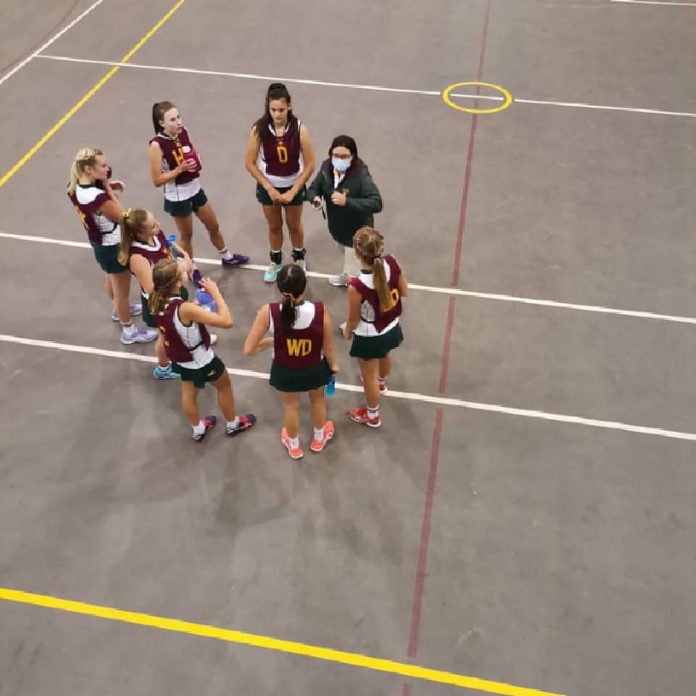The conversation a parent has with their child after the match they have just seen them play can be a minefield. Using the wrong words, tone or asking incorrect questions can all have a bearing how that match is going to be remembered.
Sadly, some parents fall into the trap of starting a post-match conversation that leads the child down a slippery path of negative thinking. Even if a parent has just witnessed one of the all time most forgettable performance, or first words after the match can go a long way in developing our child into a better athlete.
Here are some phrases that can lead to a positive discussion and some phrases we would most likely want to avoid.
Positive Phrases and Questions for the Post-Match Conversation
- “I am really proud of you” – Study into the fear of failure regularly shows that the fear of shame and disappointment is the biggest in youth sport. Telling your child that you are proud will help reduce their worries that they have let you down.
- “What was your best moment?” – Even if your child has had a shocker of a match, they will have found something that was positive. It might only have been something minor, but it gives them the opportunity to reflect on a positive part of the experience.
- “Did you have fun?”- Sport is meant to be fun. It is the reason most kids want to participate and were interest in sport all started, because it was fun. If this is the first question you ask, it will go along way in reinforcing that idea.
- “What did you think you did well today?” – One way to increase essential motivation is to concentrate on how they performed and not what the final score was. Again, this allows them to focus on and think about parts of their own performance that they were in control of.
- “What might you do differently in the next match?”- You do want your child to ultimately reflect on their mistakes and this question allows that. However, it also gives them the opportunity to anticipate the next match or training session where they will have a chance to do better.
Now the hard part…
Negative Questions and Phrase to try avoid.
- “Did you win?”- If you did not watch the match that would appear to be the most obvious question to ask. However, it tells the child that the thing that is of most value is winning, even though we know that there are more important things for a child to learn in sport. Naturally, we want to know the answer to this question, but perhaps asking it first is not the best idea.
- “Why Did You Do That?”- Every child is going to makes millions of mistakes and make poor decisions, but we don’t want them to give up making their own decisions. This question is aggressive in nature and assigns blame, something that a child does not need. There are better ways and better times to help a child learn from their mistakes.
- “That was a shocker!”- We have just sucked the fun out of sport and judged how they played. Most kids know when they have played badly, and such a phrase only helps to confirm their doubts. However, if they actually feel that the played alright your scathing appraisal will shatter their confidence.
- False Praise- This can serve to be even more detrimental to a young athlete. Generally, children are quite adept at discerning if the praise is genuine and earned. False praise can even help to reinforce poor performances.
- “Don’t worry, it doesn’t matter”- It is true that in the broader context the result of an U13 match wont matter. However, it may matter to a child. Trivialising a defeat hardly makes a player feel any better, so try to provide perspective on any defeat.





